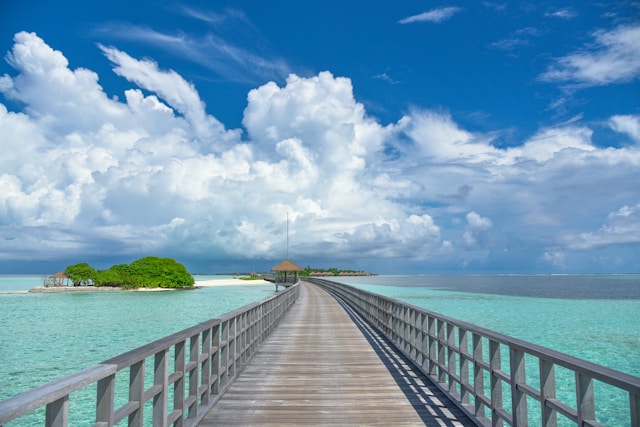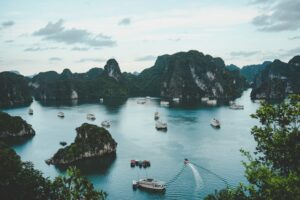The identity of a person has been inextricably linked to their place of birth for centuries. Nationality, culture, language, even worldview—all of this was determined by the borders of the state where they happened to be born. This geographical predetermination shaped life’s path, limiting the choice of residence, career, and even social circle. But what if this connection is not unbreakable? What if a person can go beyond “default citizenship” and gain true freedom of choice? The concept of second citizenship offers precisely such a paradigm shift, transforming a person from a passive resident of one country into an active citizen of the world, capable of making decisions based on values rather than circumstances. The psychology of thinking confined to one country often leads to forced compromises. Investments are directed into the local economy, even if it is stagnating. Children are sent to local educational institutions, even if education abroad is of higher quality. Life as a whole is built within the framework of the socio-political and economic system that is given by birth. A person may be deeply concerned about the environmental situation in their region or the preservation of endangered species in a distant country, but their real ability to influence these issues is limited. Their resources and attention are consumed by solving pressing problems within their single jurisdiction.Acquiring second citizenship creates a tectonic shift in this worldview. It breaks the rigid connection between “identity-territory.” When a person gains the right to live, work, and conduct business in multiple countries, their planning horizon expands to a global scale. It is no longer a question of “where must I live?” but rather “where do I want to live and what legacy do I want to leave?” This freedom allows one to separate the place for living from the place for work and the place for investments from the place for the soul. A practical tool for such a transition can be, for example, Vanuatu citizenship program. This program is not just a mechanism for obtaining a new travel document. It symbolizes the acquisition of the right to global mobility. The ability to quickly and legally obtain a second passport opens access to a new philosophy of life. A person begins to think not in terms of one nation but in terms of the opportunities offered by the entire planet. This is the first step toward becoming a true “global steward.” It is this new freedom that fundamentally changes the approach to philanthropy and heritage preservation. A person with global mobility can live in Europe, manage a business in Asia, and direct their philanthropic efforts toward protecting tropical forests in South America. Thanks to the fact that the list Vanuatu passport visa-free countries Includes dozens of states on different continents, he can personally control his projects, meet with local activists, and ensure the effectiveness of the invested funds. His choice of an object for assistance is no longer dictated by patriotism or tax deductions in his home country. It is dictated by real need and the opportunity to make the maximum impact. This freedom also influences the deeply personal decision about choosing a home. A global citizen can separate the concepts of a “business base” and a “home for the soul.” He can establish his company in a jurisdiction with a favorable business climate while living with his family in a quiet, environmentally friendly place that aligns with his values. For example, he may choose to live near a UNESCO World Heritage site to contribute to its preservation or settle in a region with a unique ecosystem, supporting local initiatives for its protection. The choice of home ceases to be an economic decision and becomes a conscious value-based choice. Ultimately, the geographical mobility provided by second citizenship is a tool for achieving a higher level of personal responsibility. It allows an individual to go beyond national interests and act in the interests of the entire planet. The ability to move freely around the world, invest, and live where one deems necessary transforms passive sympathy for global issues into active, meaningful action. This is not an escape from roots but the acquisition of new roots based not on the randomness of birth but on a conscious choice of one’s place and mission in this world.
Geographical Mobility and Heritage Preservation: How geographical freedom provided by second citizenship can influence decisions on nature conservation or the choice of residence

Read Time:3 Minute, 36 Second
